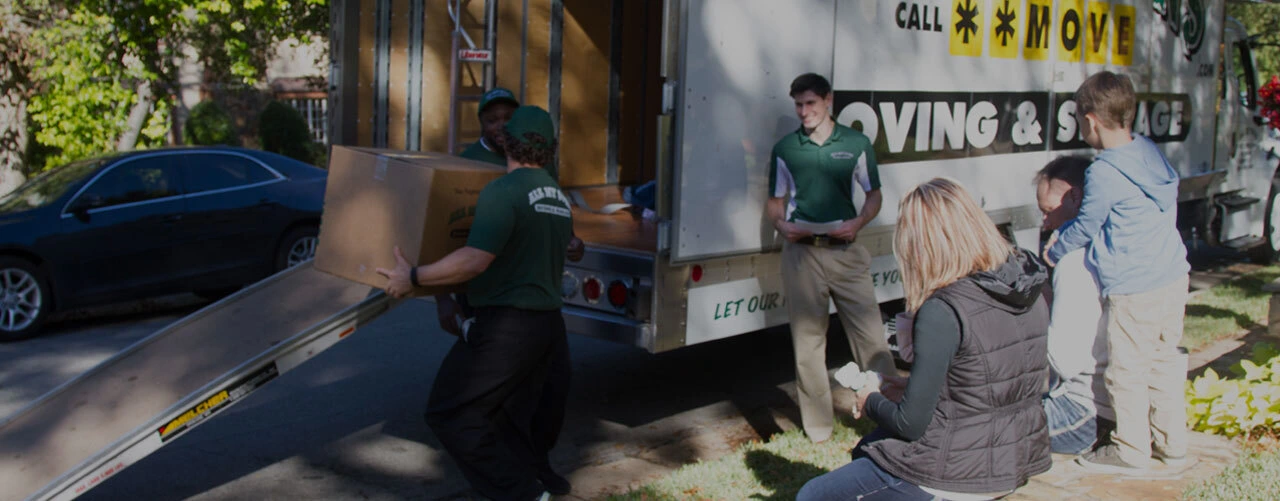Be Prepared to Deal with a House Fire
A fire is a scary occurrence because aside from destroying everything in its path, it spreads with incredibly quick speed. 42% of house fires are started by cooking equipment and 17% from heating-related issues, and there are 3,120 deaths annually according to the National Fire Protection Association. Now is an ideal time to make sure your home is sufficiently protected from fires, and that you and your family know what to do if a fire should occur. The Corpus Christi movers want to make sure you stay safe this year!
Know basic rules, like how often to test your smoke alarm, how often to change the batteries, make sure you stay in the kitchen while you are cooking, and always unplug hair appliances after use.
Purchase a fire extinguisher to have on hand in case a fire starts. Pull the pin to release, aim the extinguisher at the base of the fire, squeeze the trigger, and sweep the discharge stream at the base of the fire.
Smoke alarms. Make sure you test the alarms once a month and change out batteries every 12 months to ensure they are in top working condition.
Have a gas fireplace? The Hearth, Patio, and Barbecue Association (HPBA) is launching an initative to raise awareness about the danger of glass-front gas fireplaces. When the glass heats up, it puts children and pets at risk of serious burns. Starting January 1, 2014, all newly manufactured gas-fired certified fireplaces will include a mandatory safety screen. Sparks and floating embers are also fire hazards.
While the majority of house fires start in the kitchen, 6% of them are a direct result of electrical problems. While some things like dimmer switches and lamp rewiring can be tackled by a qualified DIYer, most electrical work should be left to a team of professionals.
The grill can be a fire hazard as well, even though it is outdoors. Before the weather gets too cold, you might want to think about firing up your grill one last time. Just be sure to inspect the hose, regulator, and valve for any obvious signs of rust, cracks, kinks or damage. Unsafe conditions could result in a flare-up or explosion.
Think only the machinery and other appliances can cause a fire? Be wary of rags you throw out that have had grease, oil or other flammable chemicals on them. The accumulation of oily/greasy rags in a pile or in a storage container can result in a fire.

